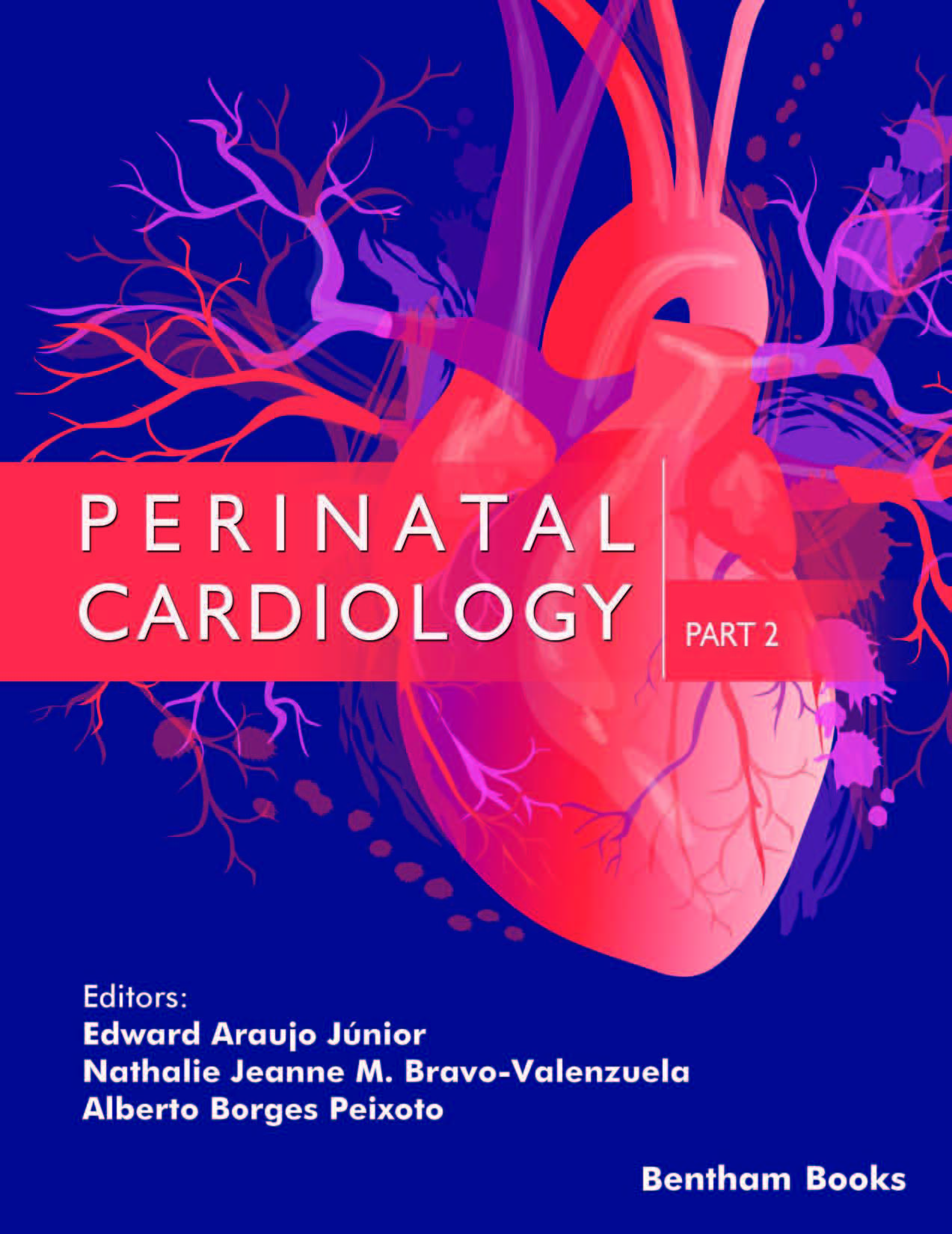Introduction
In Perinatal Cardiology, fetal cardiology experts provide key information on tools for fetal evaluation through echocardiography / cardiac ultrasonography, with a primary focus on the nature and prenatal detection of structural and functional cardiac heart defects (CHDs). In this two-part book, readers will find details about different types of fetal cardiac abnormalities along with important updates on the diagnosis, management, planning delivery, and postnatal treatment in CHD cases. This information is supplemented with guidelines for the clinical management of patients with a fetus affected by cardiovascular defects, and surgical procedures in neonates.
Key features:
- -presents information gathered by experts in perinatal cardiology, organized into 26 topic-based chapters
- -explores the cardiac development, fetal cardiovascular hemodynamics, genetic and environmental factors associated with congenital heart defects (CHD), perinatal management, planning delivery, and postnatal treatment of newborns with CHD
- -presents information about normal cardiac functions and heart defects to give readers a clear and detailed picture of abnormal cardiac function
- -presents information about perinatal ultrasound physiology
- -gives practical guidelines for ultrasound and echography parameters required for evaluating fetal heart anatomy and diagnosing diseases
- -includes a new system of classifying prenatal CHDs based on the stratification of the risk level of care
- -features a straightforward and accessible style of presentation suitable for all readers
- -provides references in each chapter for further reading
Part 2 of this two-part set delves into different fetal anomalies such as ventricular inflow anomalies, myocardial and pericardial diseases, cardiac tumors, extra-cardiac conditions, cardiac failure, and environmental factors associated with CHD. The latter chapters cover clinical topics such as labor management for patients bearing a child with CHD, fetal cardiac interventions, clinical management of neonates with CHD and postnatal surgery.
Perinatal Cardiology
is an essential reference for postgraduate medical students seeking to improve their knowledge of fetal and pediatric cardiology as part of their residency and professional training. The book equips readers with the information necessary to understand the role of the perinatal cardiologist and goes further to facilitate the ability to perform adequate risk assessments for fetal CHD.

